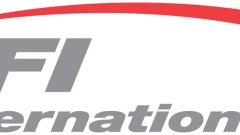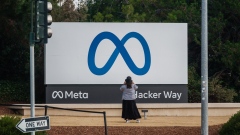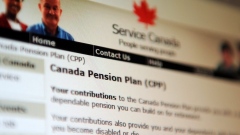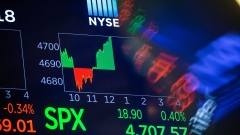Mar 29, 2021
Japan Vaccine Czar Says Inoculations Won’t Pick Up Until May
, Bloomberg News
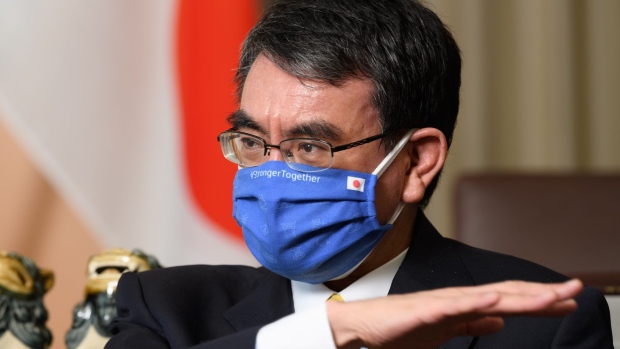
(Bloomberg) -- Japan’s vaccine chief said that the rate of Covid-19 inoculations in the country likely won’t pick up speed until May, despite already lagging behind some other developed nations.
Vaccinations for people aged 65 and over are set to begin April 12 across the country, but the initial rollout will be limited and uneven at the local level, Taro Kono, the administrative reform minister in charge of Japan’s Covid-19 vaccine program, said in an interview with Bloomberg on Monday.
“It will be very slow,” Kono said. “The prefectural governors asked us to go slowly so that they can check the systems and so that all the cities and towns can get ready for the vaccinations.”
One time-consuming issue slowing the rollout is the need for doctors to learn a new technical system to track vaccine numbers, Kono said.
Japan is still limiting Covid-19 to healthcare workers, with more than 780,000 first vaccine doses administered in Japan as of Monday, according to the country’s health ministry -- a number that accounts for less than 1% of its more than 125 million residents. The country’s vaccination plan has been scrutinized for its slow pace compared to other developed countries and its Asian neighbors, especially as Tokyo prepares to host the Olympics in July with no timeline on when most people will be inoculated.
Why the 2020 Tokyo Olympics Will Be Like No Other: QuickTake
The current rollout to healthcare workers -- expected to cover roughly 3 to 5 million people -- has been slower than expected, Kono said. Vaccine hesitancy has been a key issue in Japan and other Asian countries where residents are more wary of side effects.
Municipalities in Japan will all receive about 1,000 doses the week before April 12 in order to begin preparing to administer vaccinations, Kono said. Bigger urban areas such as Tokyo, Kanagawa and Osaka will receive about 2,000 doses.
Japan has also grappled with supply concerns. Kono said that although the European Union has cleared shipments of shots made by Pfizer Inc. and German firm BioNTech SE through May, the supply couldn’t be guaranteed amid ongoing EU export controls and reports of production delays.
Supply and Demand
Tensions have ramped up in the past week, as the EU introduced new rules that tightened export restrictions.
“What I’m worried about is not only the vaccines not being supplied, but the relationship between Japan and EU being damaged if they stop the vaccine,” said Kono, who wore a dark blue mask emblazoned with the EU and Japanese flags and the hashtag #StrongerTogether. “Nothing has been stopped so far. But they did stop a shipment going to Australia, so we are still concerned.”
Japan Vaccine Czar Outshines Suga to Rise as Potential Successor
Kono said he had received daily assurances from the EU that Japan’s supply of Pfizer was steady, but said he thought the quantity was too limited. Japan has a deal for 144 million doses of the Pfizer jab -- the only approved vaccine in the country -- to be delivered this year.
Japan is expected to receive more than 60 million doses by the end of May, according to government figures.
Outspoken Kono, who is fluent in English, was appointed in January to lead Japan’s vaccine rollout and is eclipsing Prime Minister Yoshihide Suga. Surveys have showed Kono is voters’ favorite for premier ahead of a party leadership vote in September.
©2021 Bloomberg L.P.










